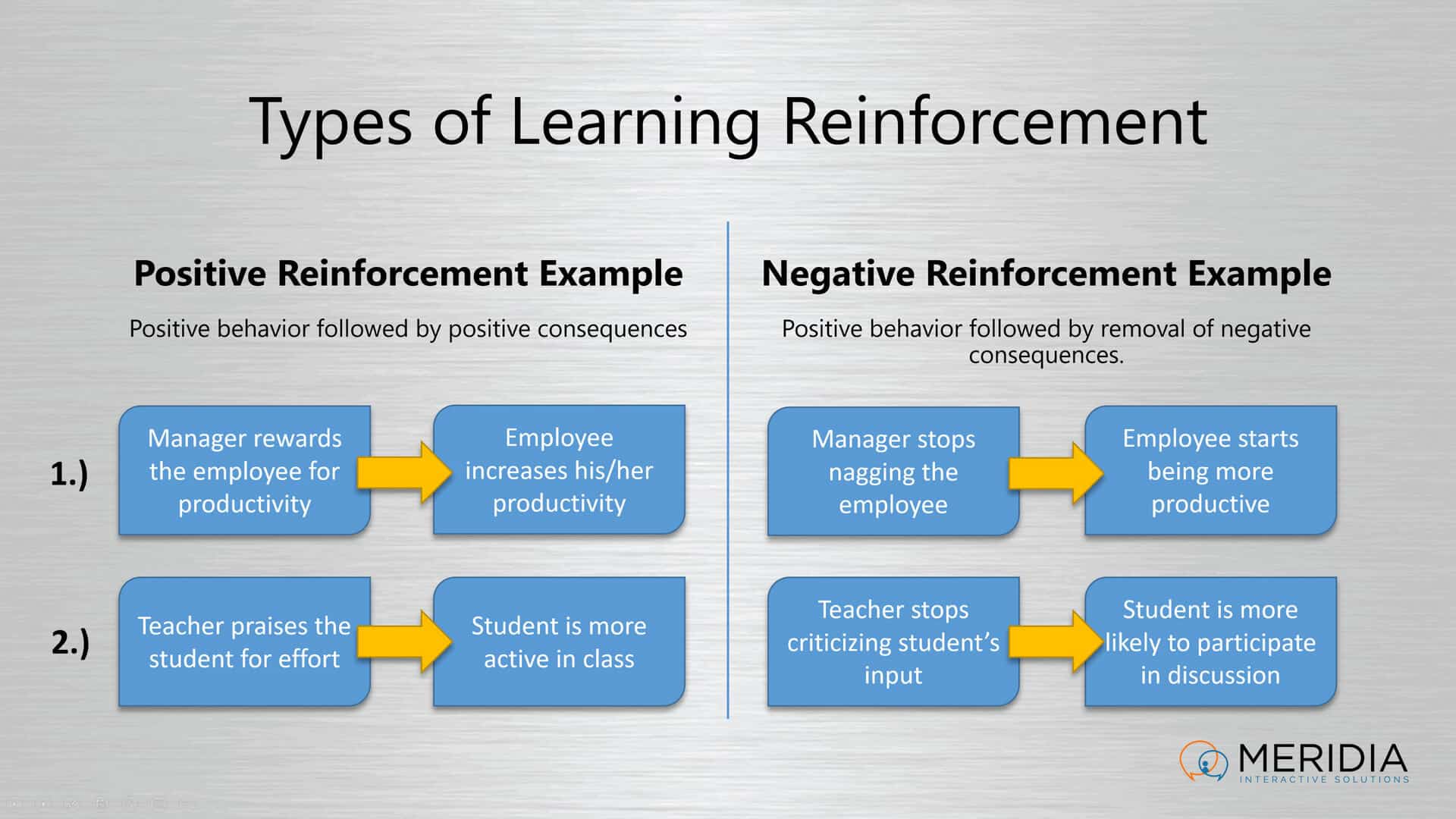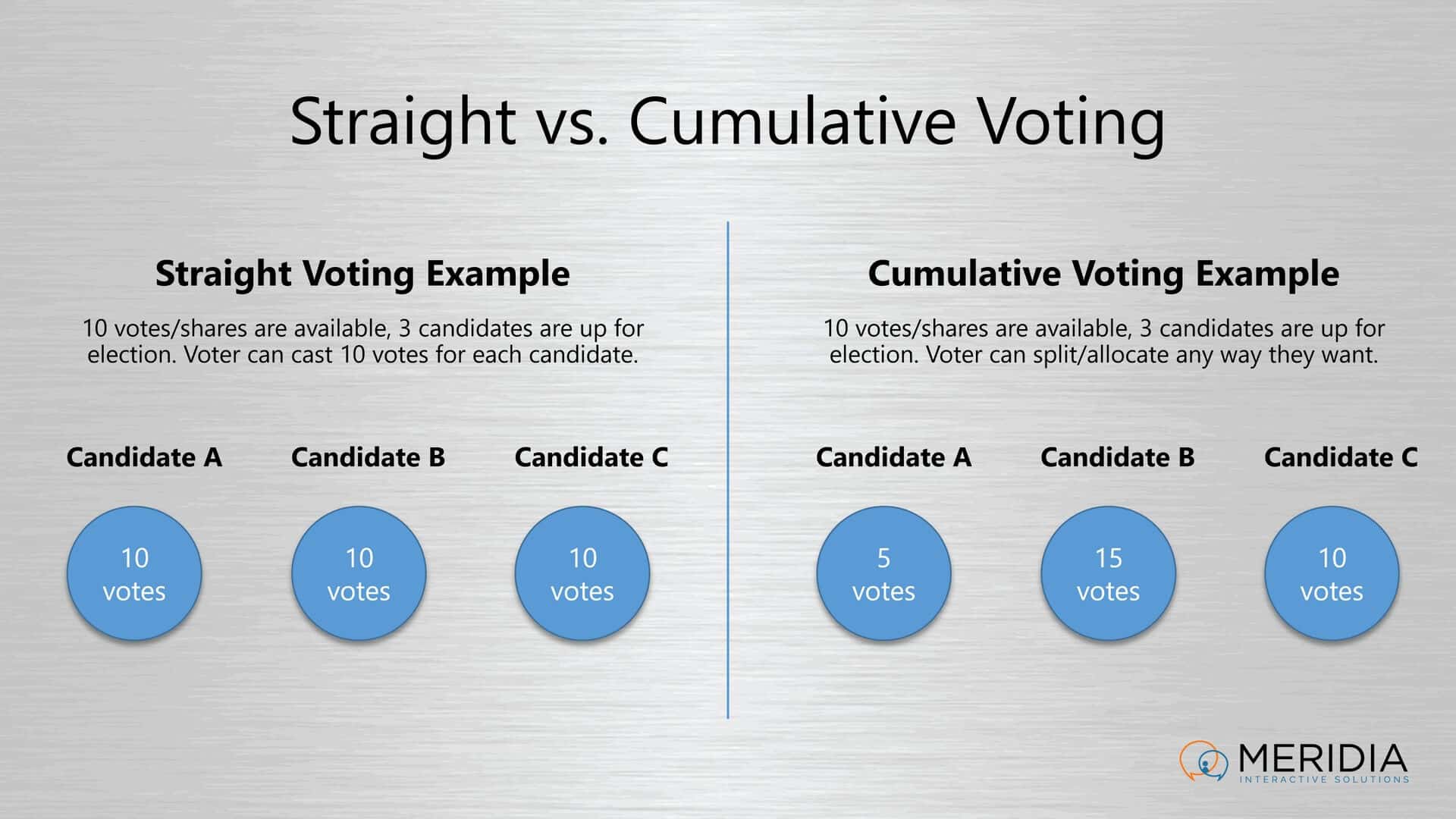Striking Nurses and the Case for Anonymous Response Systems
We’ve written about burnout before as it relates to physicians. But nurse burnout is no less real, as anyone following the news today will know. Some 2,200 burned out nurses walked off the job in Chicago in mid-September. A day later there were strikes in California, Arizona and Florida.










